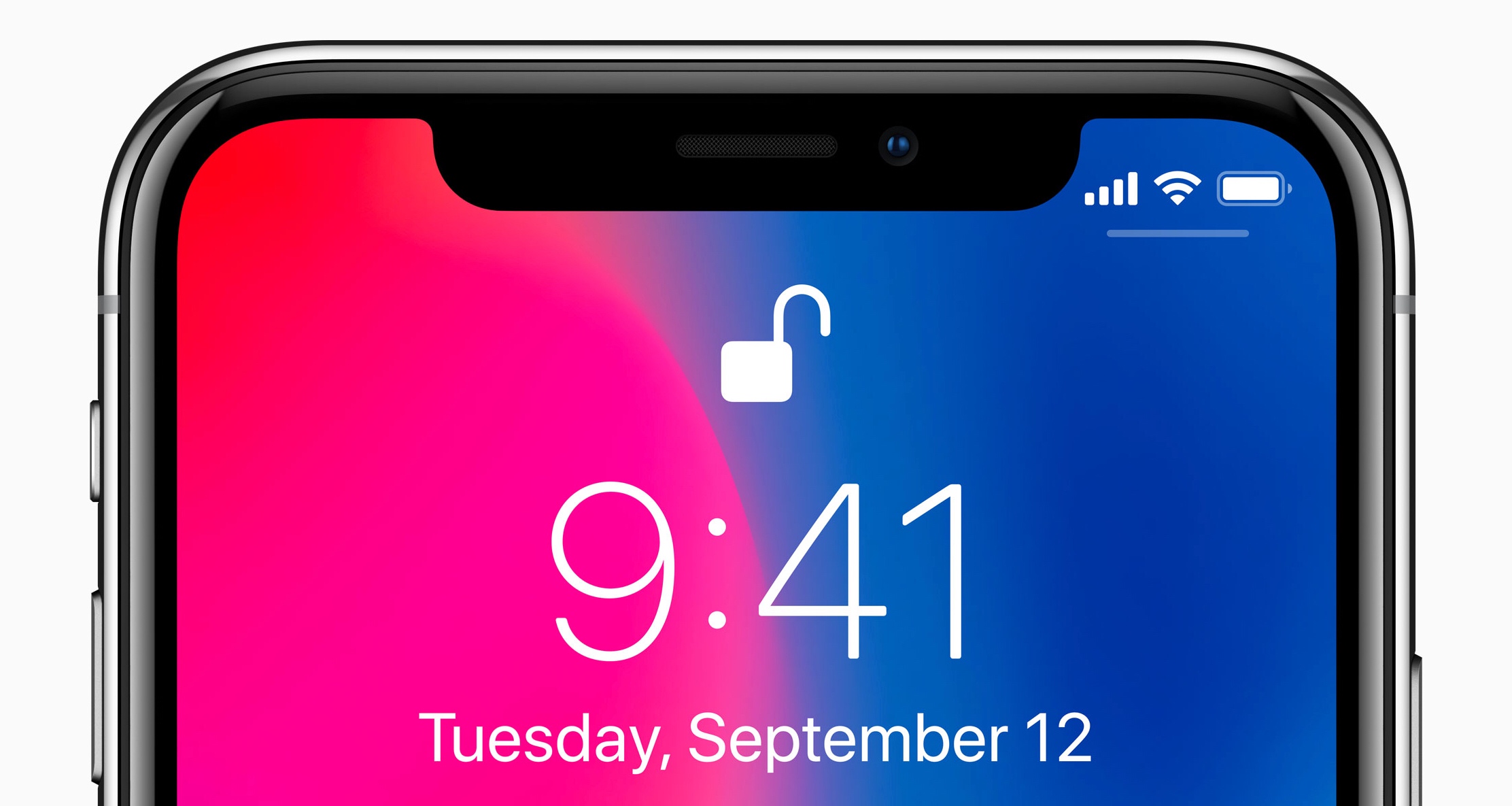„Interview: Apple’s Craig Federighi answers some burning questions about Face ID”

Zum jetzigen Zeitpunkt beantwortet das Interview von Matthew Panzarino mit Craig Federighi die häufigsten Fragen zu Face ID.
Auf dieses Antworten hätten einige Medienhäuser warten sollen, bevor sie ihre „think-pieces“ in der letzten Woche von der Leine ließen.
Drei Beispiele:
One of the primary questions about Face ID that has come from many quarters is how Apple is going to handle law enforcement requests for facial data.
The simple answer, which is identical to the answer for Touch ID, by the way, is that Apple does not even have a way to give it to law enforcement. Apple never takes possession of the data, anonymized or otherwise. When you train the data it gets immediately stored in the Secure Enclave as a mathematical model that cannot be reverse-engineered back into a “model of a face.” Any re-training also happens there. It’s on your device, in your SE, period.
Oder:
He notes there are some people for whom the “attention” feature just won’t work. If you’re blind or vision impaired for instance, you may not be able to stare directly at the phone to communicate your intent. In those cases, where a face is recognized (even with sunglasses on), but it can’t see your eyes, you can just turn off the “attention detection” feature. You still get Face ID, but at a lower level of overall security because it’s not ensuring that your eyes are directly focused on it.
“You can turn off attention detection as a user,” says Federighi. “There’s some compromise to detection there — but if you have a condition where you can’t look at it, that’s the choice you have. And if you don’t want to use the Face ID feature at all, you can turn it off.”
Oder:
One anecdotal thing: If you lift your phone and swipe up immediately, there’s a good chance that the Face ID system will have performed its authentication fast enough to have unlocked your device by the time you finish your swipe. That’s how fast it is.
Es ist das Interview, das man zu Face ID im Moment lesen sollte.